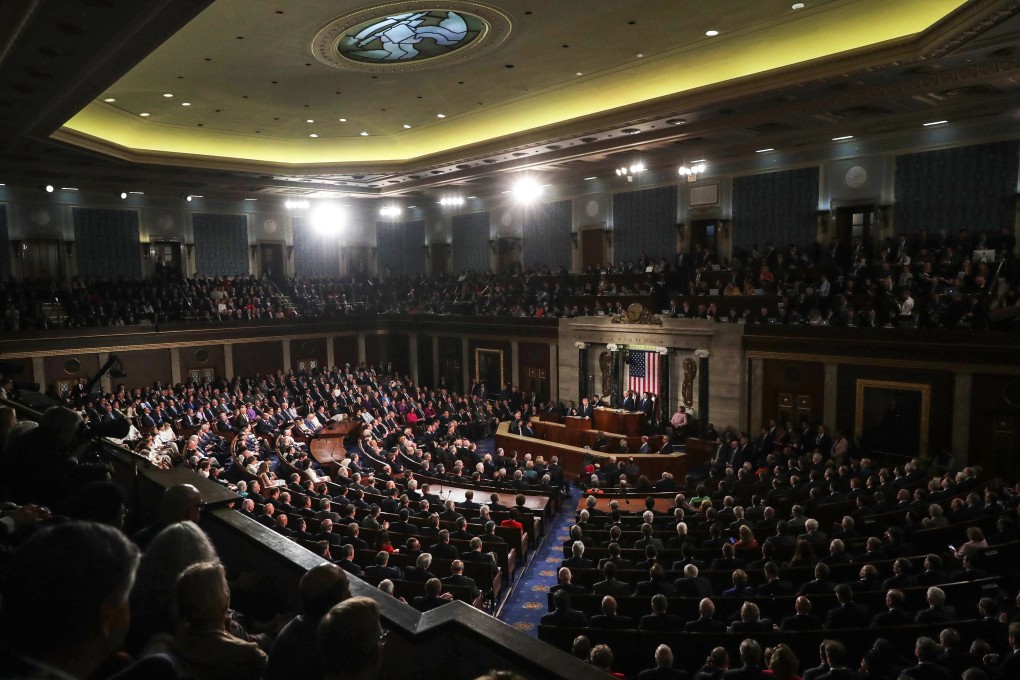Advertisement
Hong Kong officials can now summarily oust lawmakers. How do other places do it?
- While it is possible to remove sitting lawmakers in other legislative bodies, it tends to involve either a formal trial or a vote within the chamber
- Expulsions are also usually rare – in 231 years, only 20 members of the US Congress have been expelled, most for supporting the Confederacy during the Civil War
Reading Time:3 minutes
Why you can trust SCMP

A resolution from China’s top legislative body paving the way for the unseating of four opposition lawmakers on Wednesday – and the resulting mass resignation of the entire pan-democratic camp in protest – has further shaken up Hong Kong’s already-fraught political landscape.
Beijing’s decision gave local electoral authorities the power to remove sitting politicians without going through the city’s courts, leading to the immediate ousting of the four Legislative Council members for either calling for foreign sanctions on Hong Kong or vowing to block legislation – or, as was the case with two of the lawmakers, merely associating with others who had.

Advertisement
While it would be relatively rare for a national government to issue a resolution that resulted in the disqualification of politicians on a local council, there have been instances of lawmakers in national legislatures being removed. Here are some examples:
The United States
Advertisement
In the US, the Constitution allows each house of Congress to expel a sitting member for misconduct with a two-thirds vote. A successful expulsion involves only the House or the Senate, without requiring any action from the other chamber, or from the government and the Supreme Court.
Advertisement
Select Voice
Choose your listening speed
Get through articles 2x faster
1.25x
250 WPM
Slow
Average
Fast
1.25x